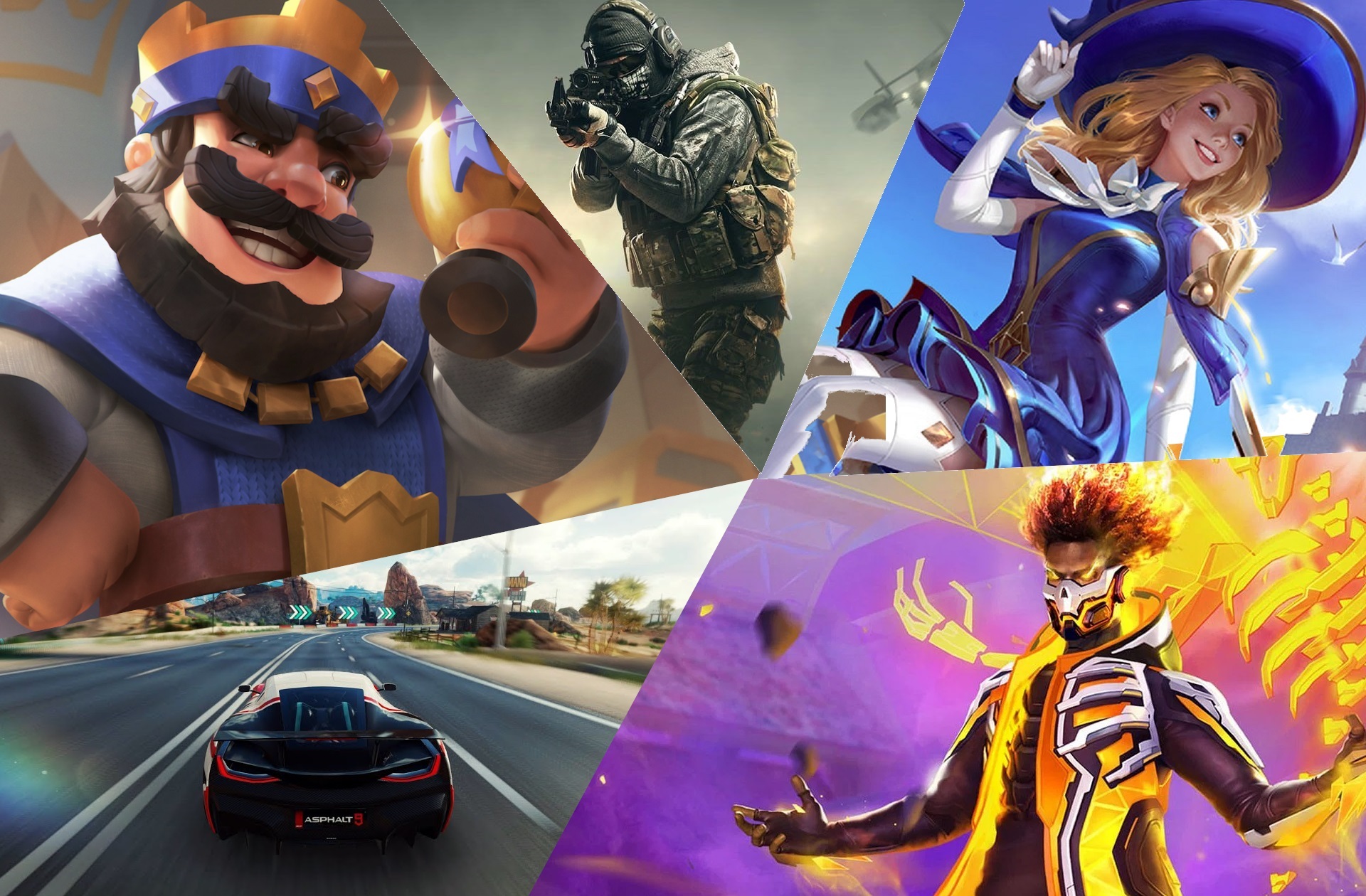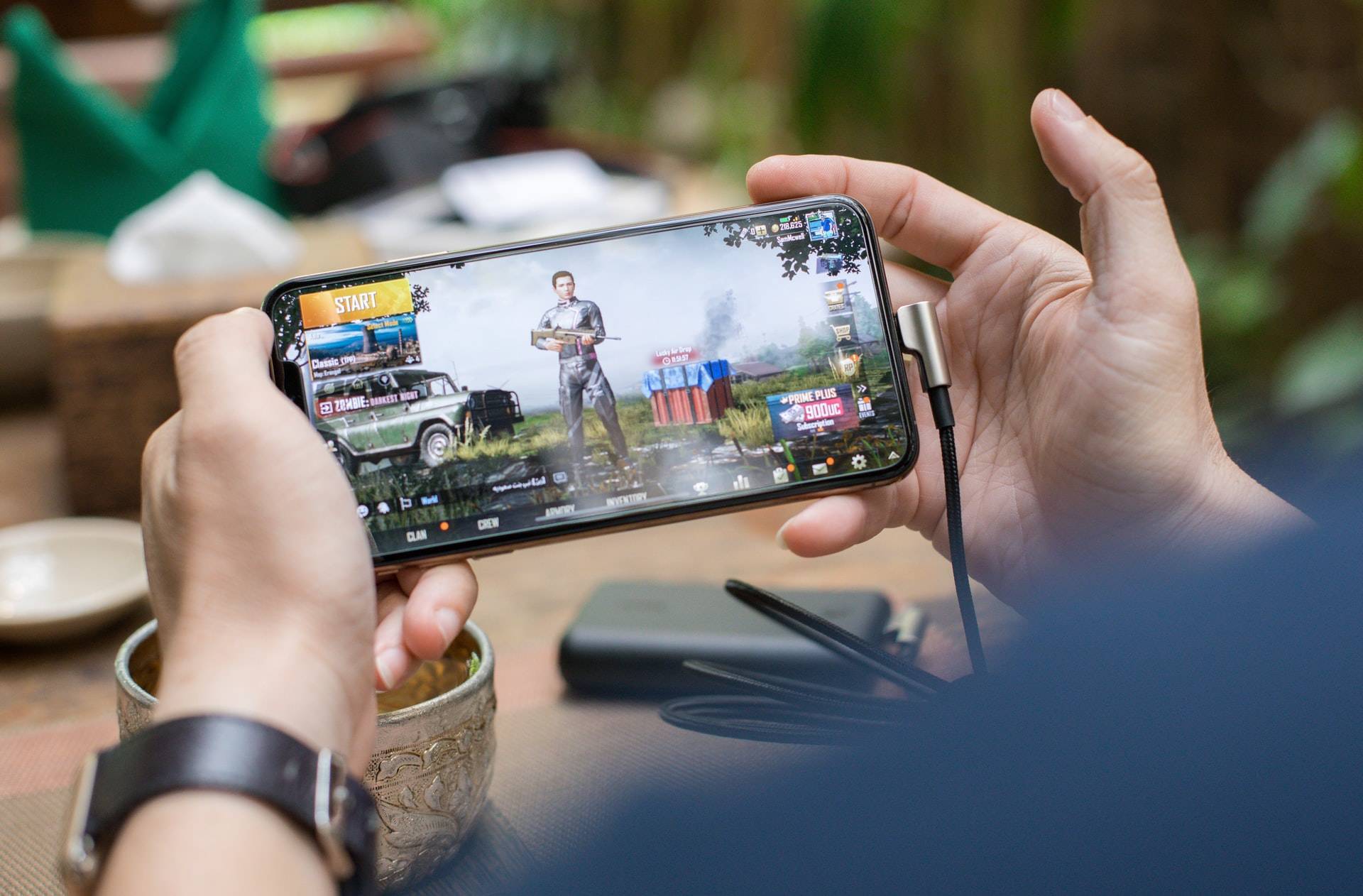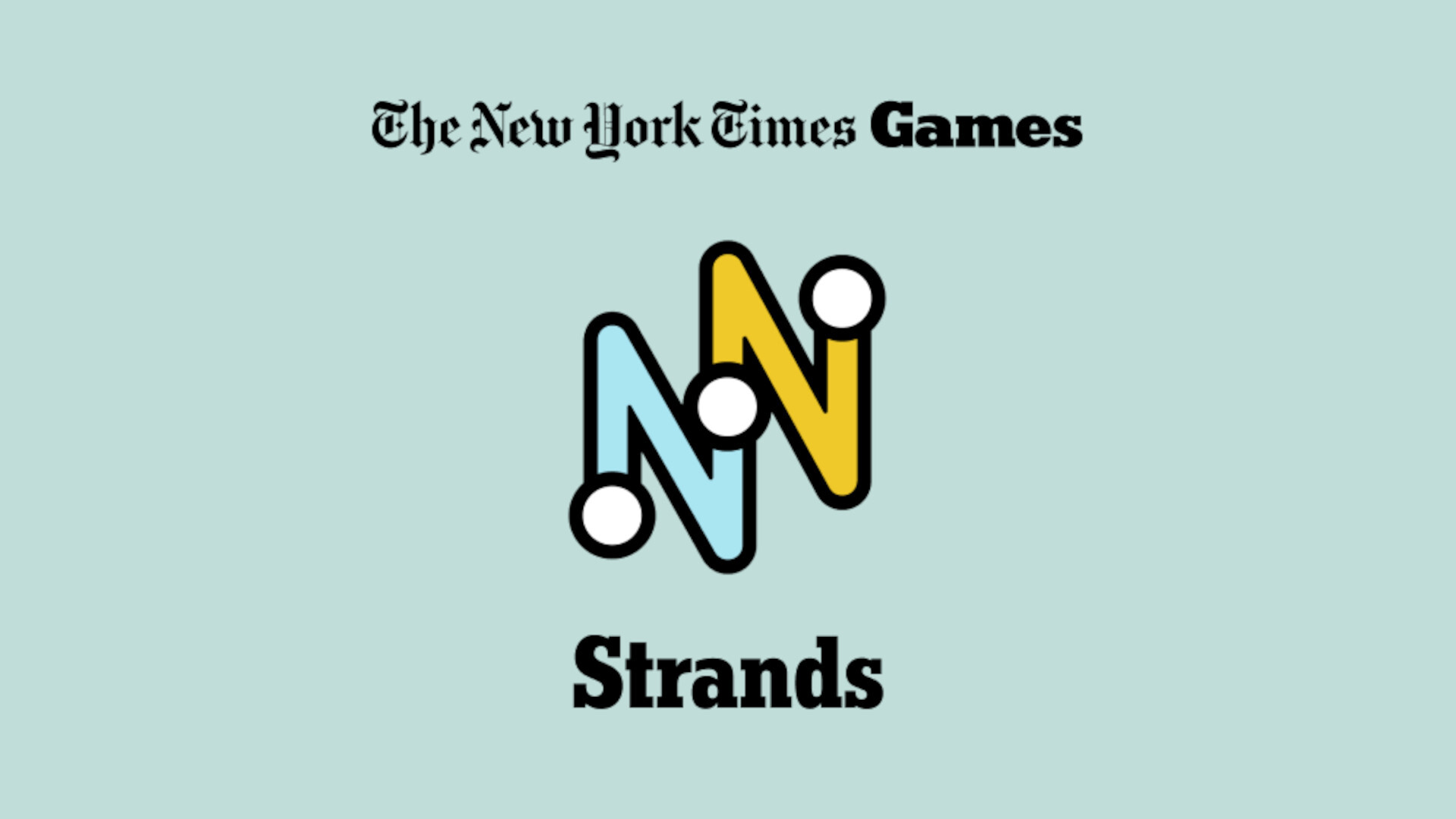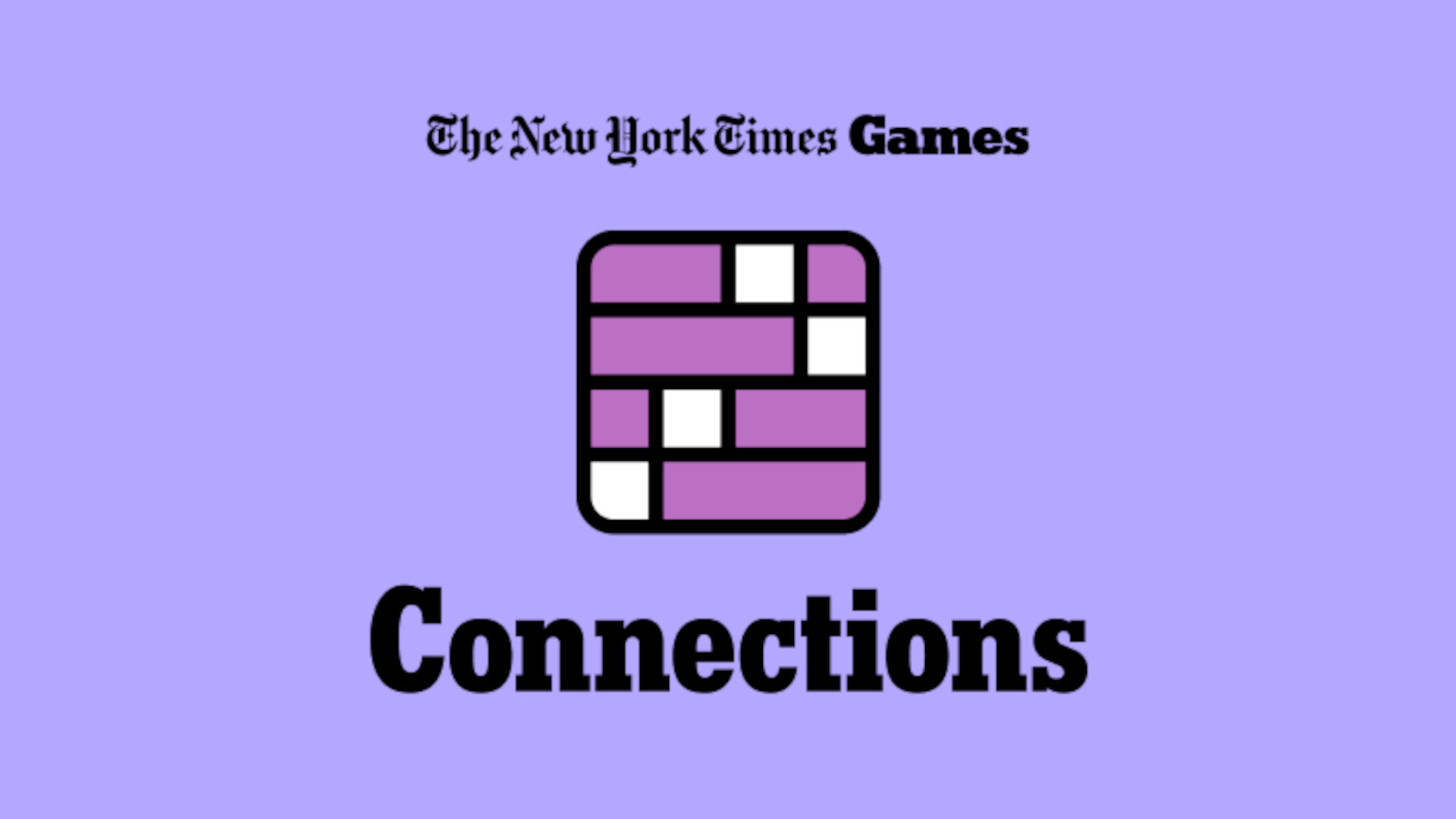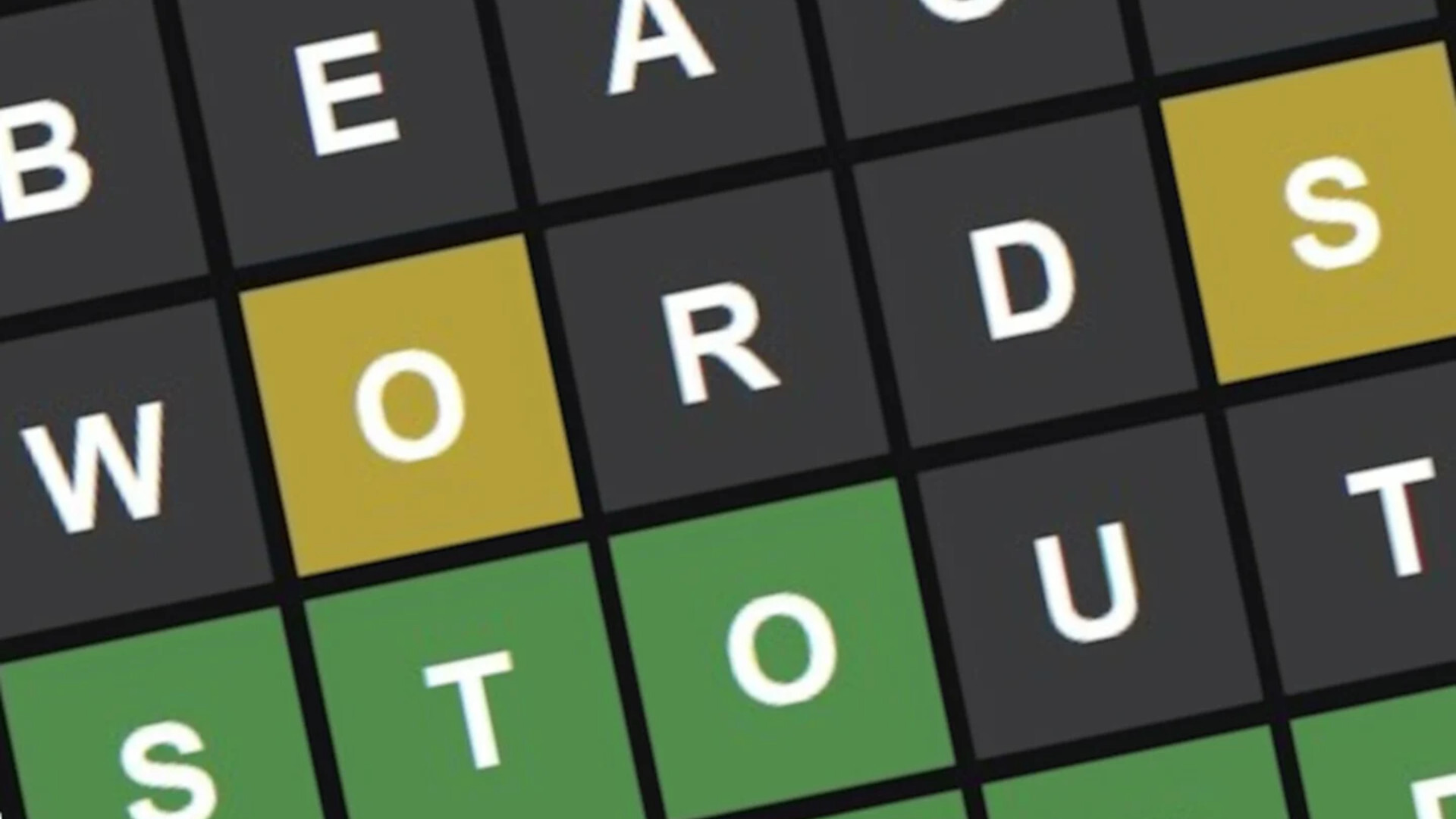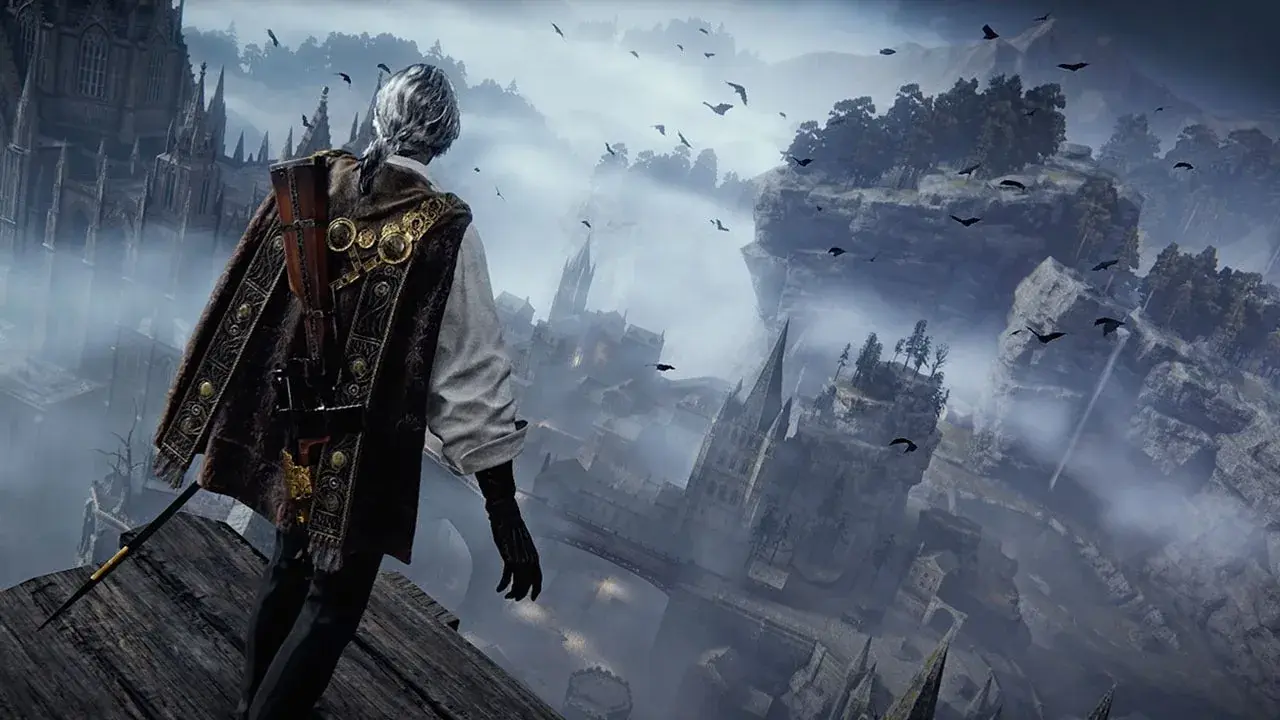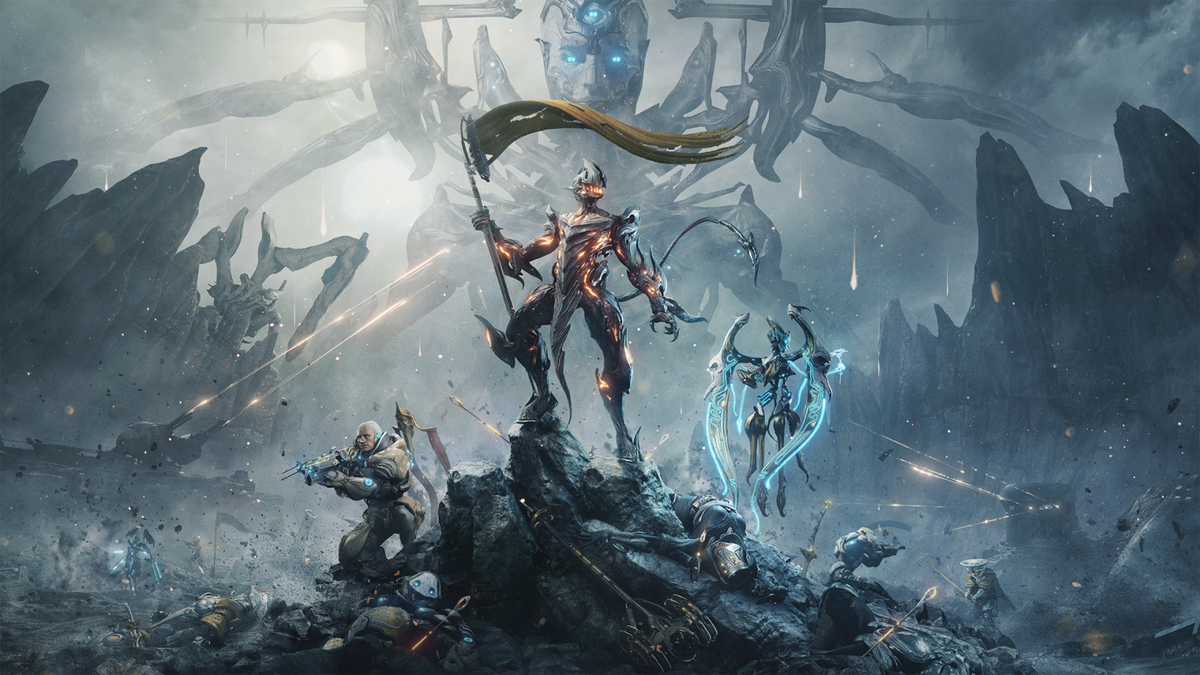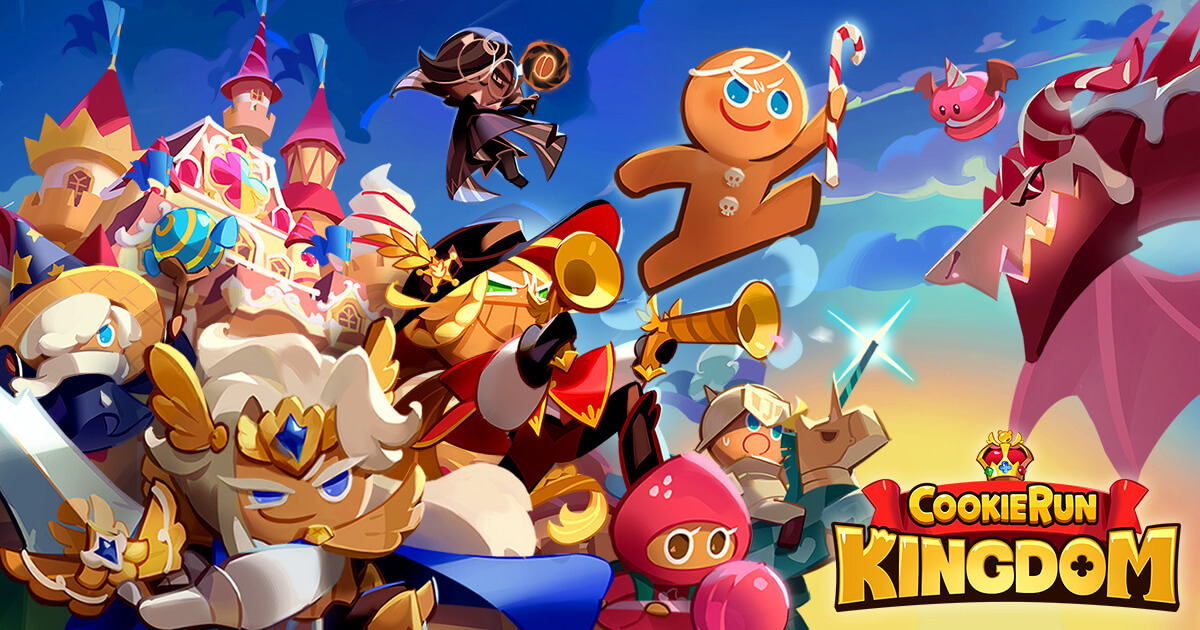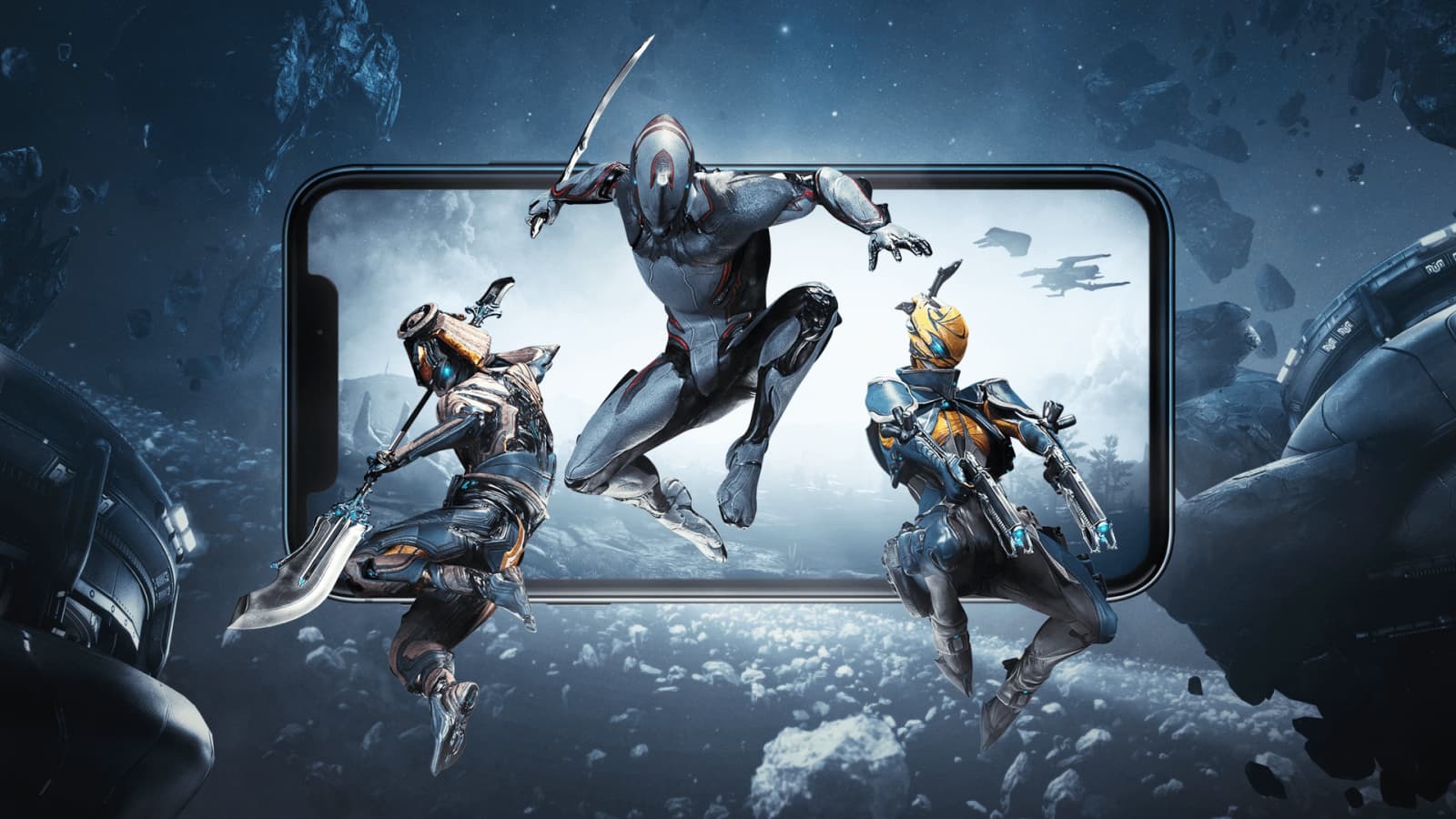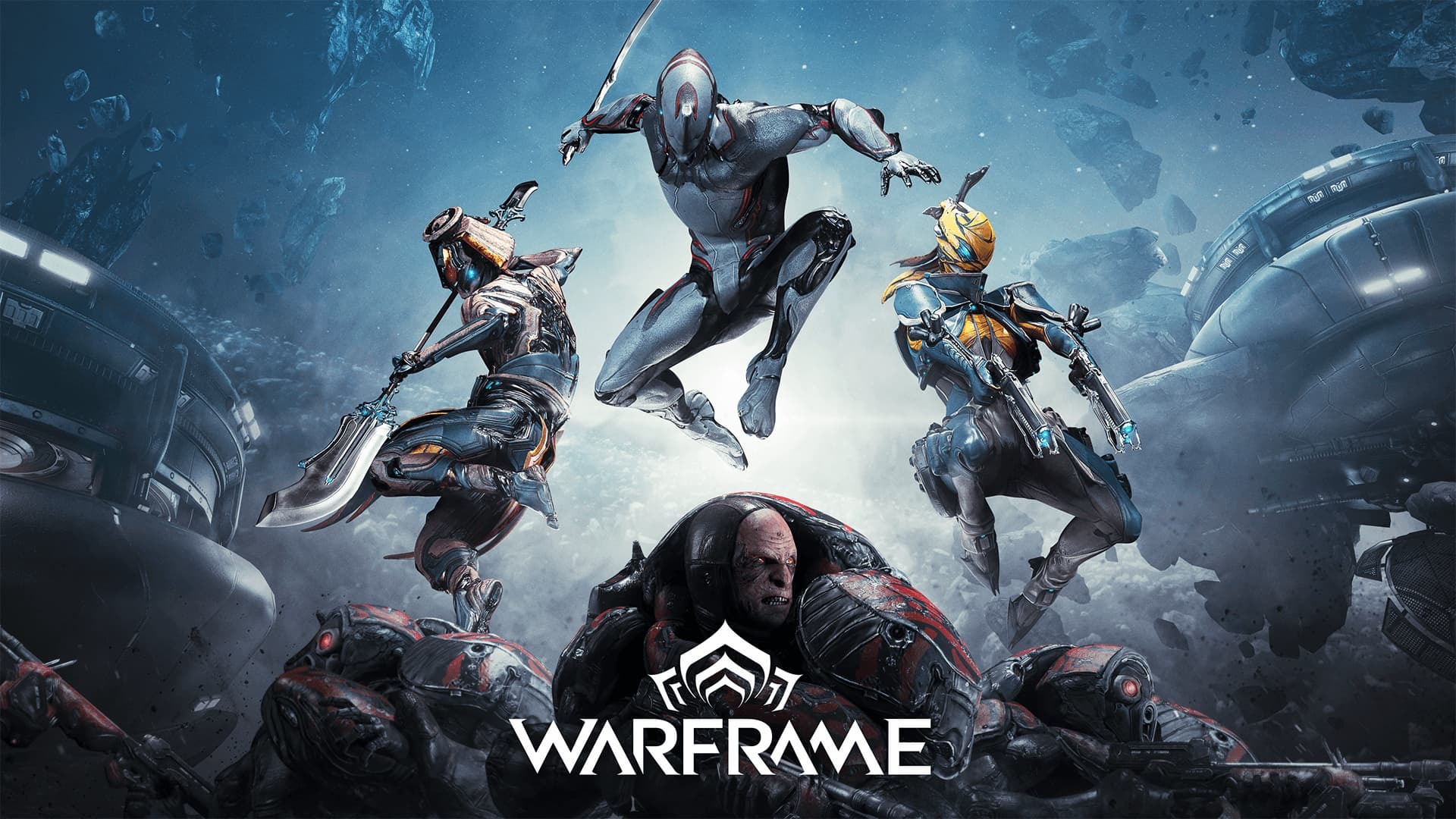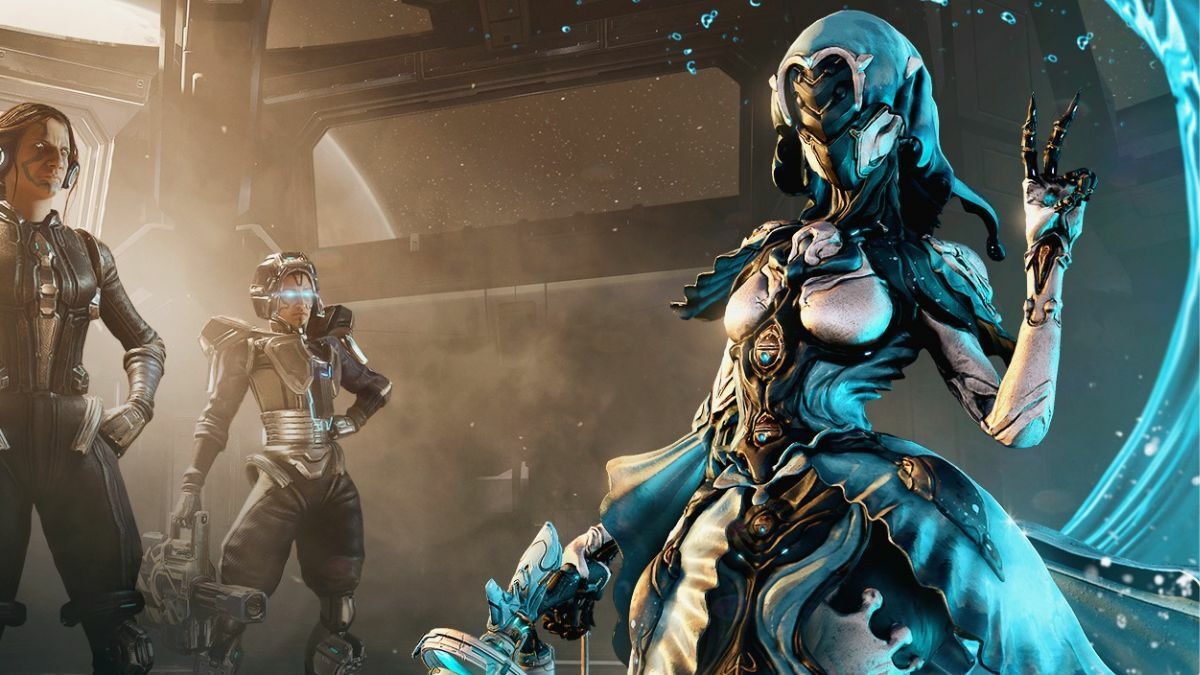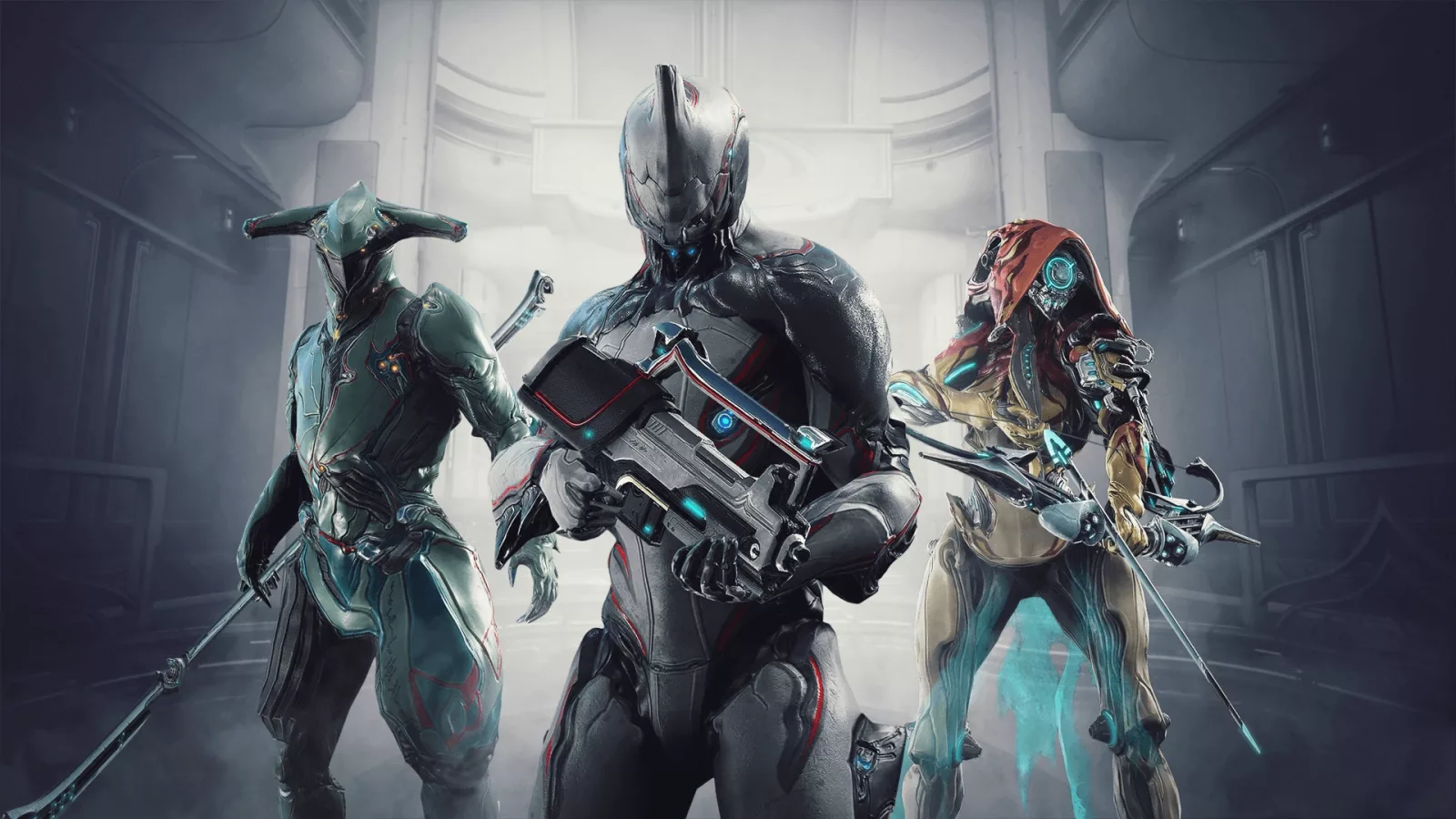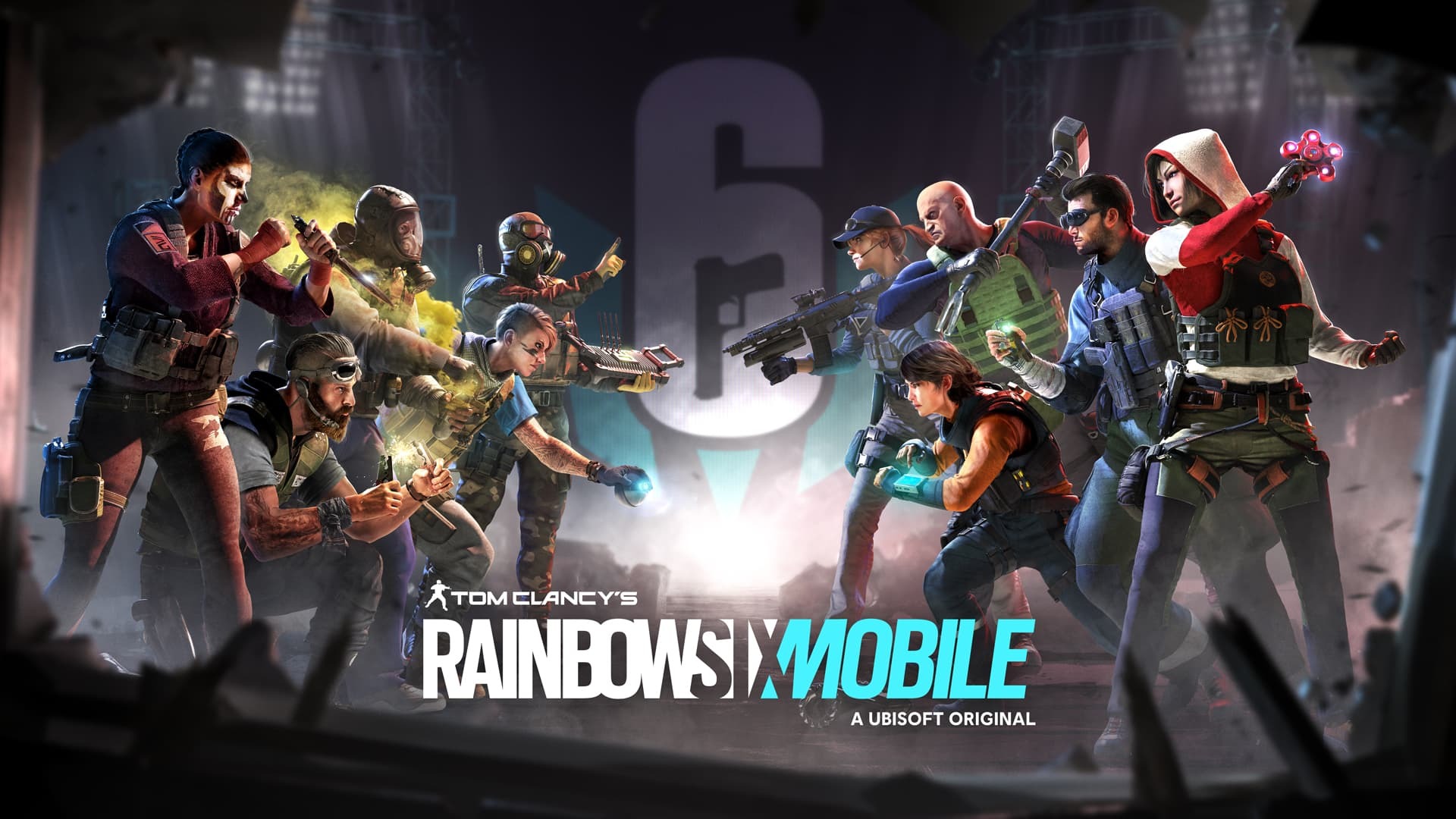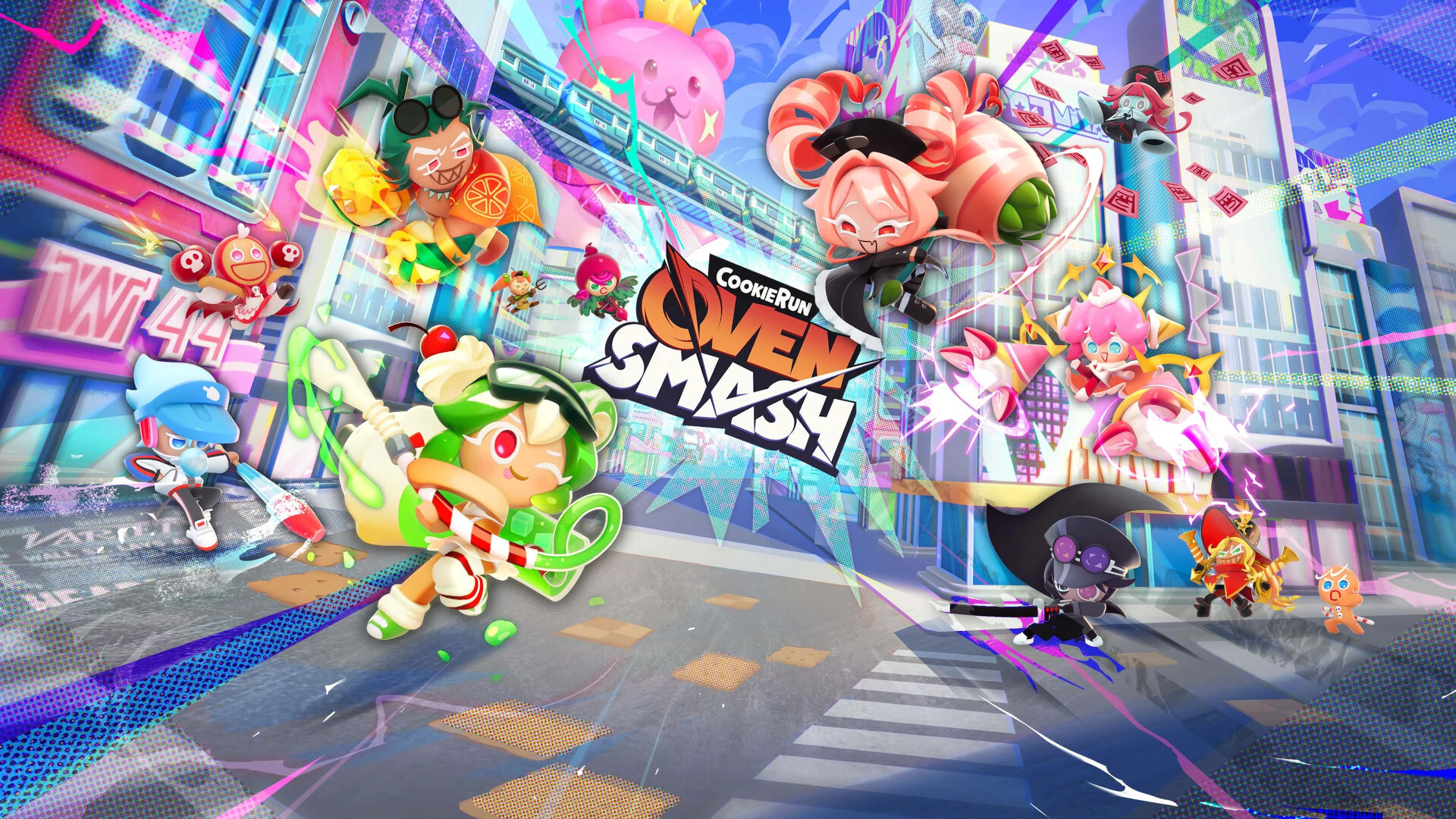Not every mobile hit ages well once players get their hands on it. We'll list out several mobile games that looked great on paper but left fans disappointed. Critics often praised these titles for their polished feel, big licenses, and fresh ideas, but over time, players found grindy mechanics, paywalls, and frustrating design choices.
12 Mobile Games Critics Loved But Players Hated
Celebrated by critics, but not so much by the community...
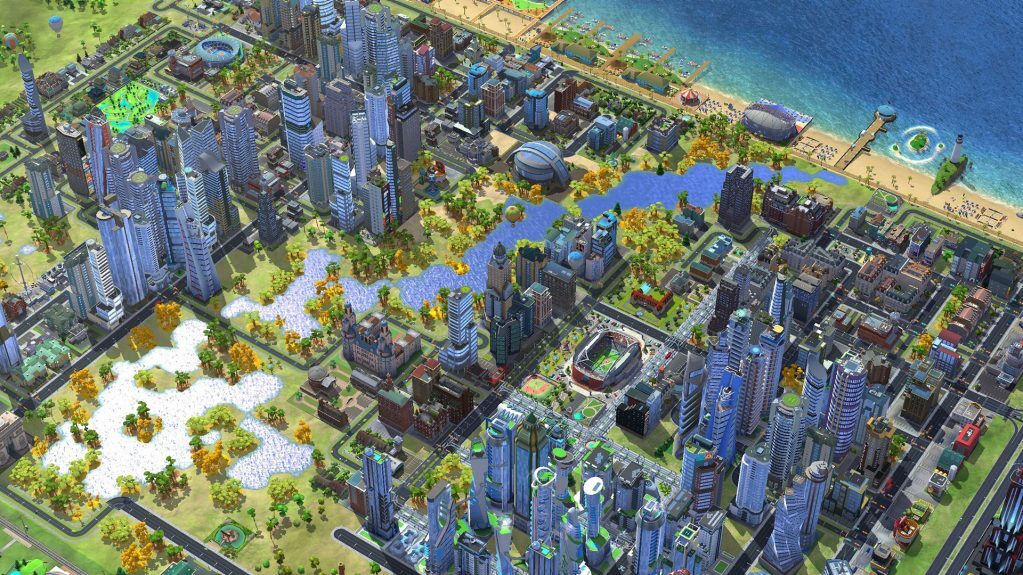
12. SimCity BuildIt
SimCity BuildIt drew early praise for polished visuals, accessible city-building, and the comfort of the SimCity name on mobile. As players dug deeper, slow progression, paywalls, and complex resource systems turned creativity into a grind. The clash between franchise expectations and a monetization-heavy design left many longtime fans frustrated.
(Image Credit: TrackTwenty)
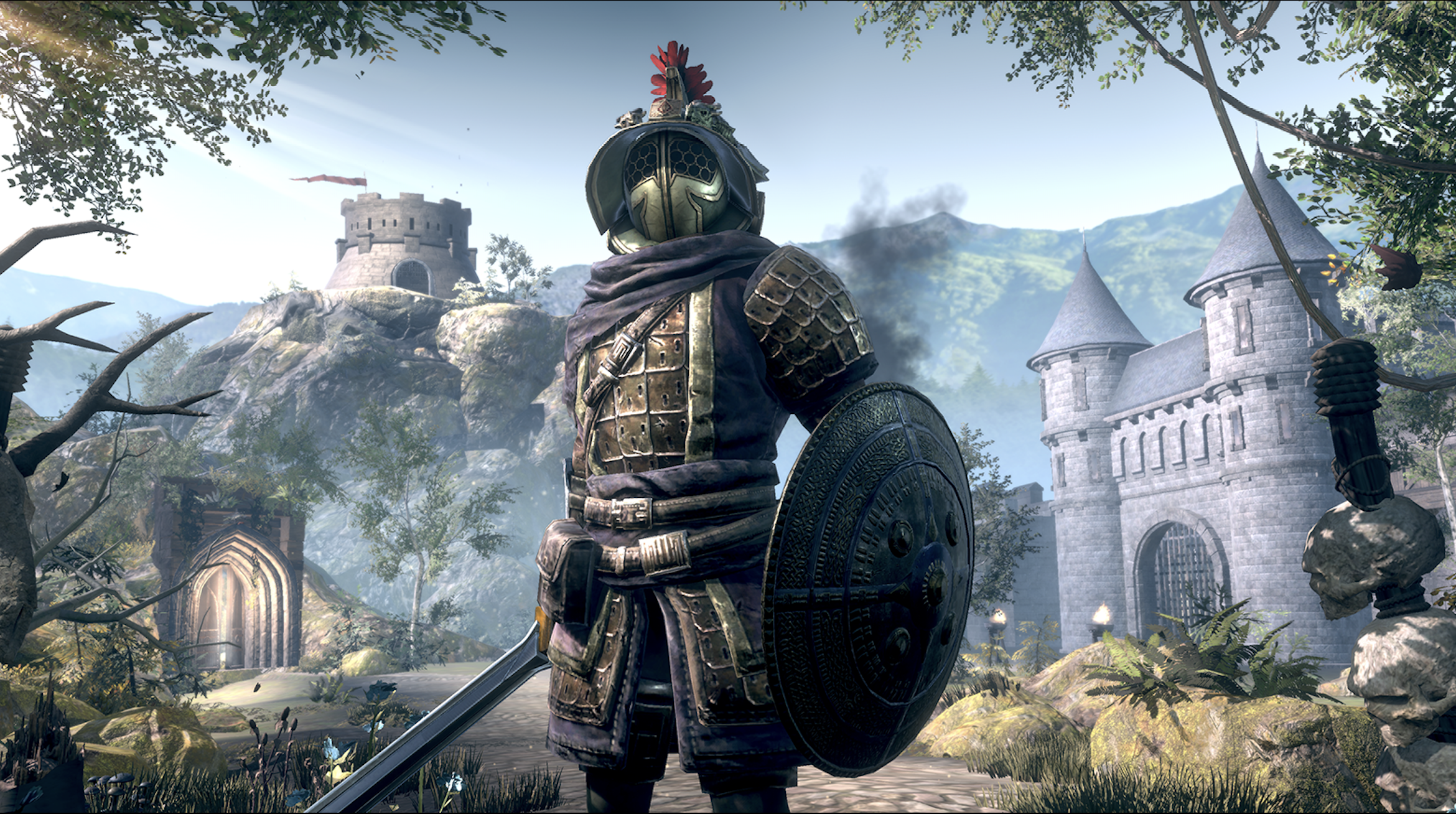
11. The Elder Scrolls: Blades
The Elder Scrolls: Blades impressed early critics with sharp visuals, familiar Elder Scrolls lore, and mobile-friendly town-building and dungeon crawling. Players soon hit repetitive quests, long chest timers, and paywalls that made progress feel slow and frustrating. The stripped-down design and heavy monetization left many fans feeling it fell far short of the Elder Scrolls name.
(Image Credit: Bethesda Game Studios)
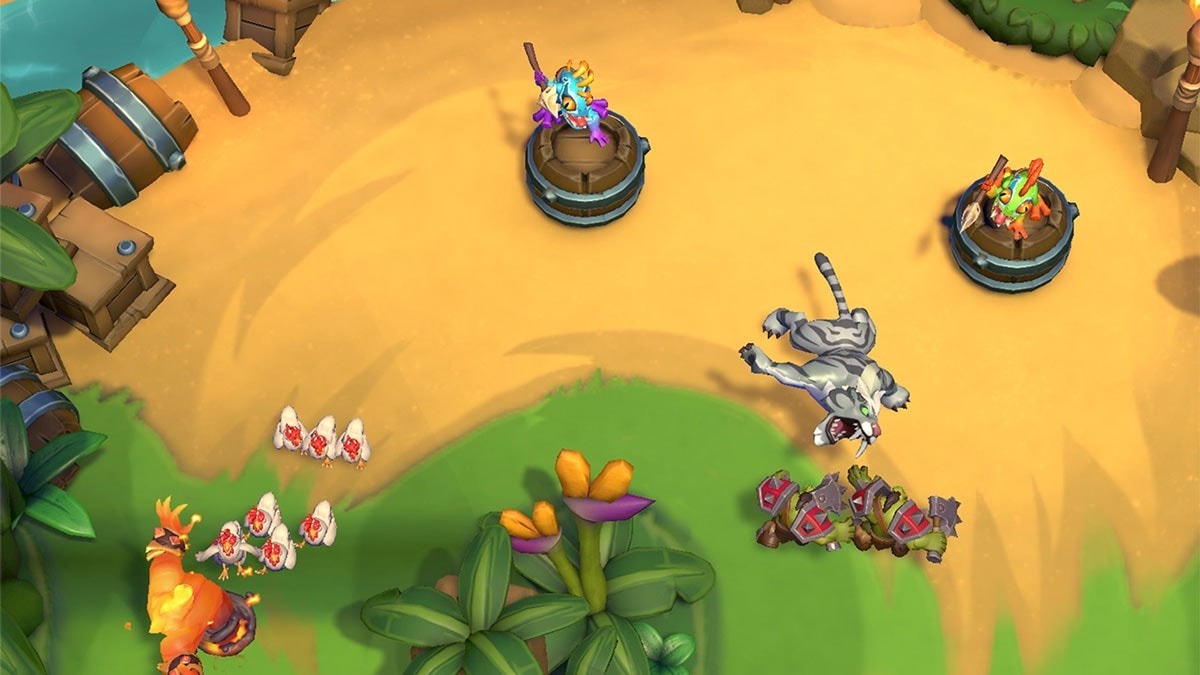
10. Warcraft Rumble
Warcraft Rumble earned critical praise for its polished Warcraft presentation, short tactical matches, and variety of modes that felt accessible yet strategic. Players sticking with it ran into steep grind, aggressive monetisation, and balance issues that made progression frustrating without spending. Confidence dropped even further when Blizzard announced the game would enter maintenance mode in 2025, leaving many fans abandoned.
(Image Credit: Blizzard Entertainment)
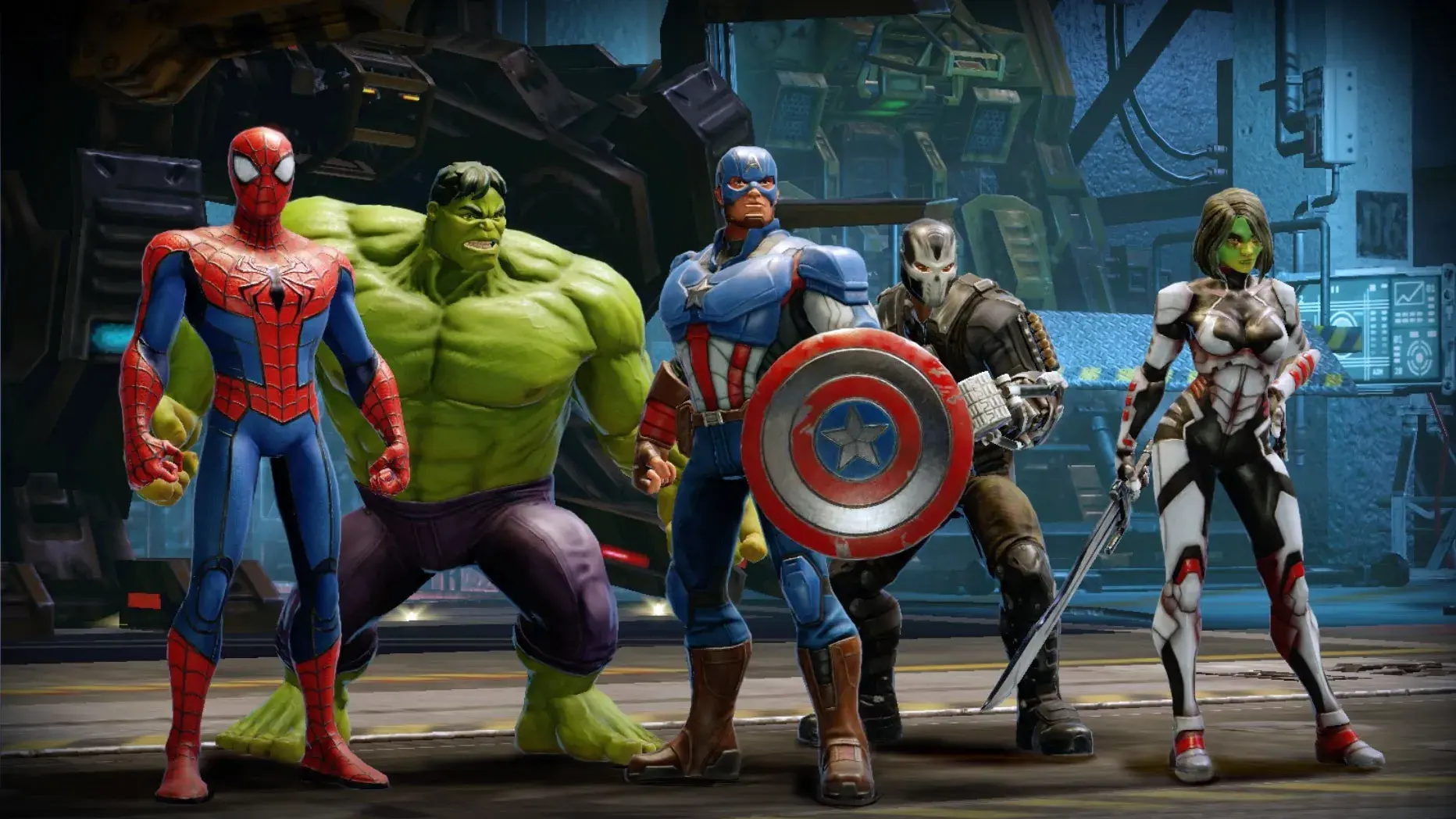
9. Marvel Strike Force
Marvel Strike Force impressed with polished visuals, a huge roster of heroes, and accessible turn-based battles that made squad-building fun early on. Players later grew tired of paywalls, power creep, and resource bottlenecks that turned progression into a grind. The gap between Marvel’s promise and a game demanding endless time or money left many fans disillusioned.
(Image Credit: Scopely)
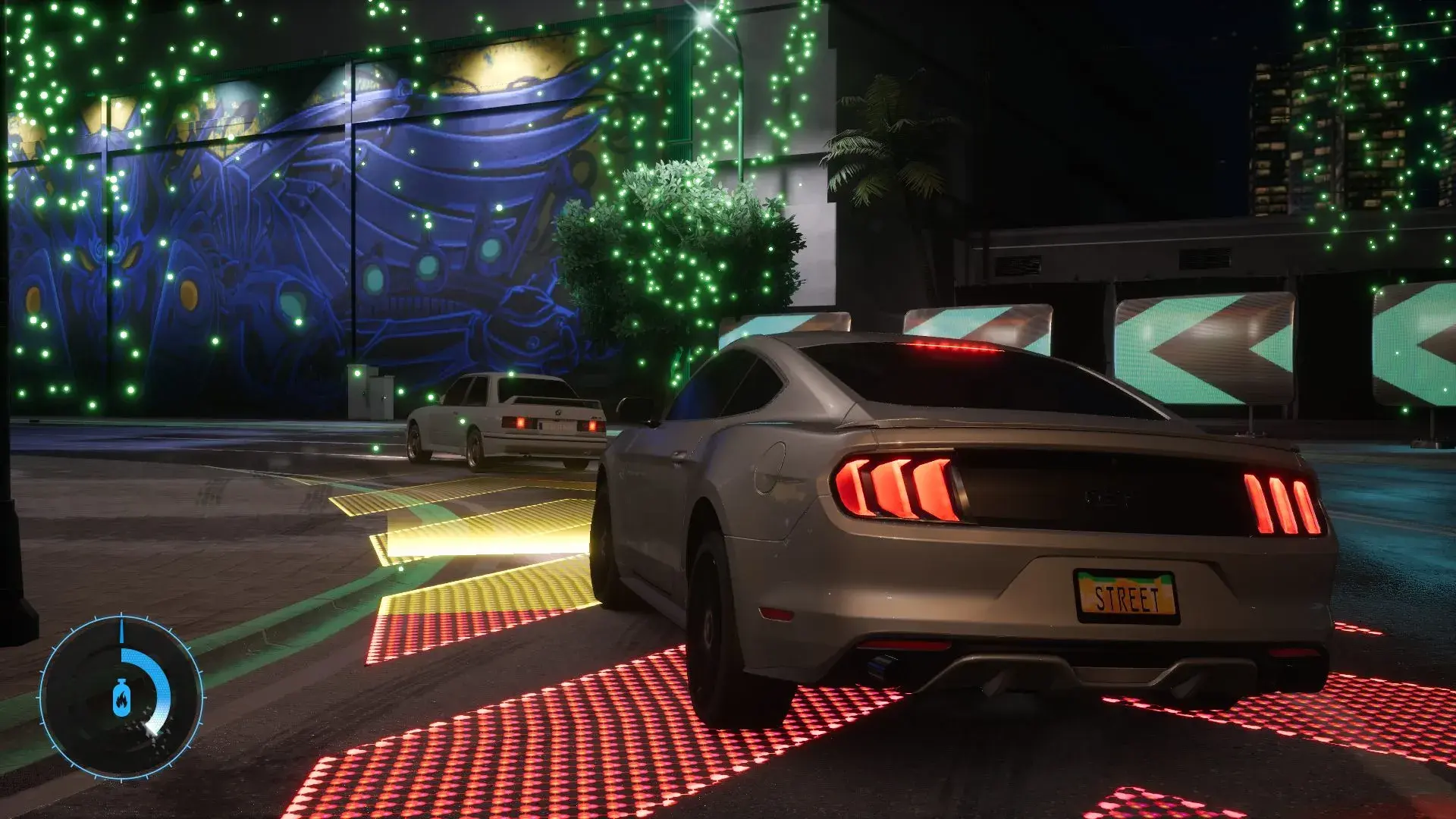
8. Forza Street
Forza Street impressed critics at first with licensed cars, flashy visuals, and simple controls that made racing easy to pick up. Players soon realized the game stripped away most real driving, replacing depth with shallow tap-based prompts, energy timers, and loot-box progression. The mismatch between the Forza name and a repetitive, pay-gated mobile racer, later shut down entirely, left fans feeling disappointed.
(Image Credit: Turn 10 Studios)
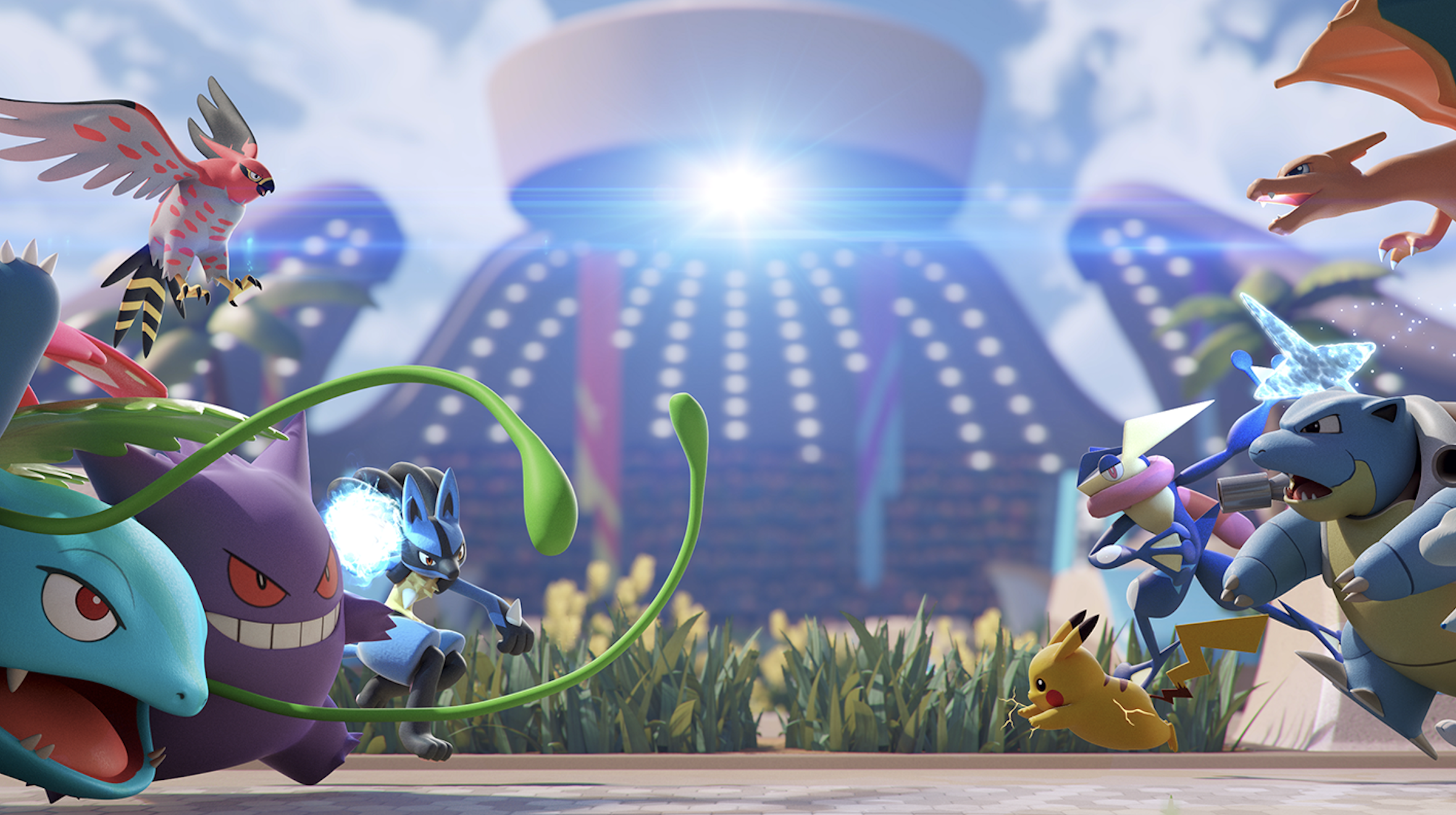
7. Pokémon Unite
Pokémon Unite drew critical praise for making the MOBA genre more approachable, pairing quick matches and polished visuals with a roster of beloved Pokémon. Players, however, ran into pay-to-win mechanics, slow progression, and frustrating matchmaking that made competition feel stacked against free users. The mix of glossy presentation and aggressive monetization left many fans torn between enjoying the brand and resenting the grind.
(Image Credit: TiMi Studio Group)
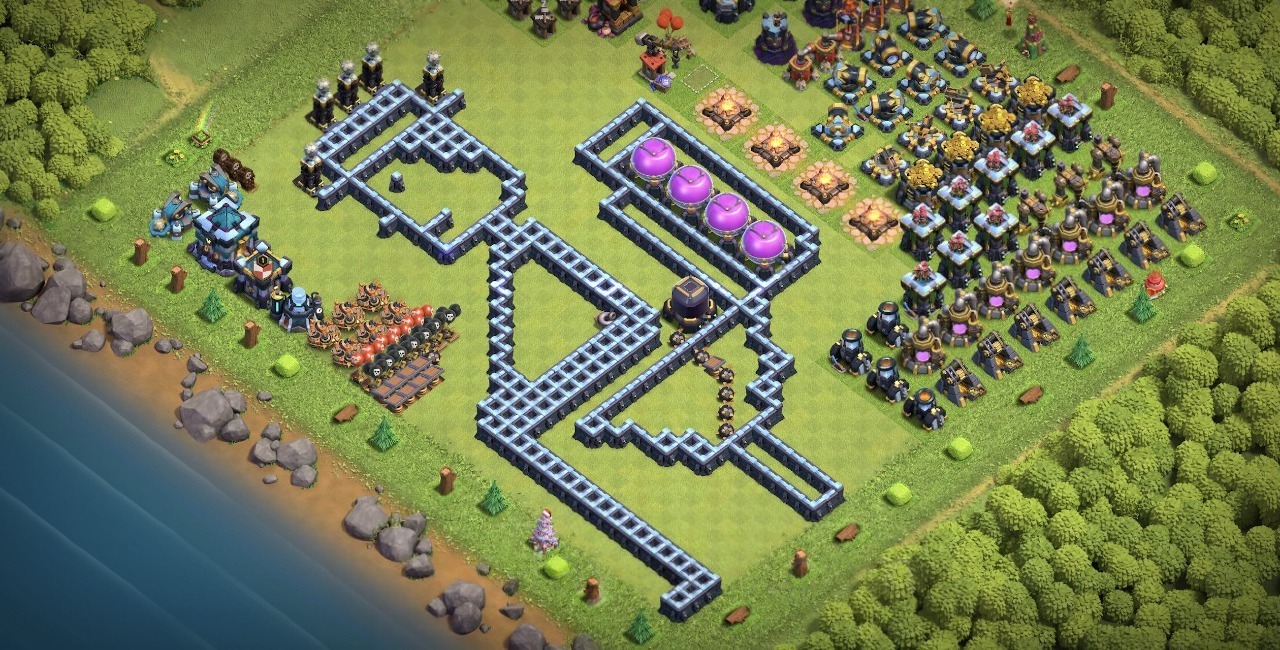
6. Clash of Clans
Clash of Clans won over critics with its mix of simple village building, deep strategy, and polished clan battles that felt fresh for mobile in 2012. Over time, players grew frustrated with ballooning wait times, pay-vs-time pressure, and uneven matchmaking that punished casual or free play. What started as a groundbreaking strategy slowly turned into a grind-heavy experience that many felt demanded money or daily chores to stay competitive.
(Image Credit: Supercell)
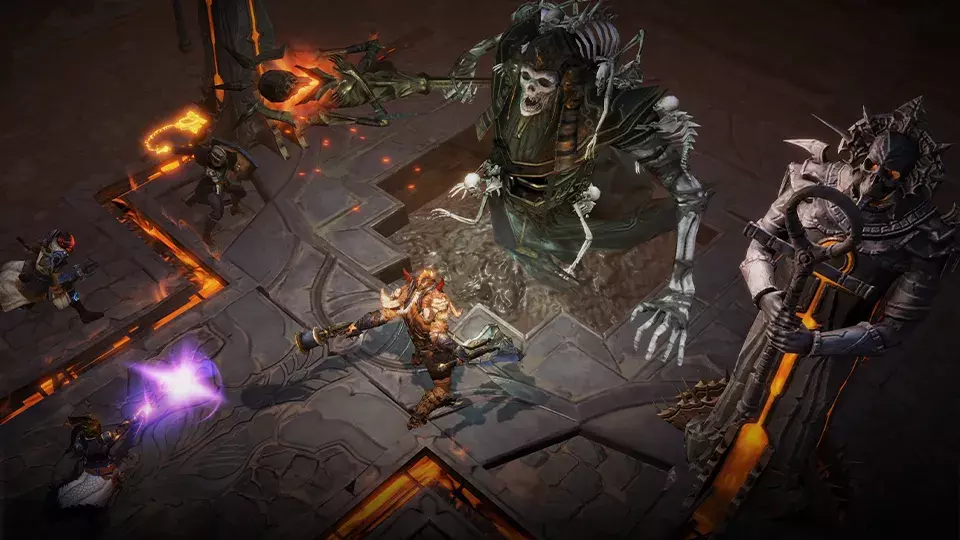
5. Diablo Immortal
Diablo Immortal impressed critics with slick combat, polished visuals, and a faithful Diablo feel that worked surprisingly well on mobile. Long-term players, though, ran into punishing grind, exploitative loot systems, and a pay-to-win economy that let big spenders dominate. The sharp contrast between its polished presentation and aggressive monetization made it one of the most controversial mobile releases.
(Image Credit: Blizzard Entertainment)
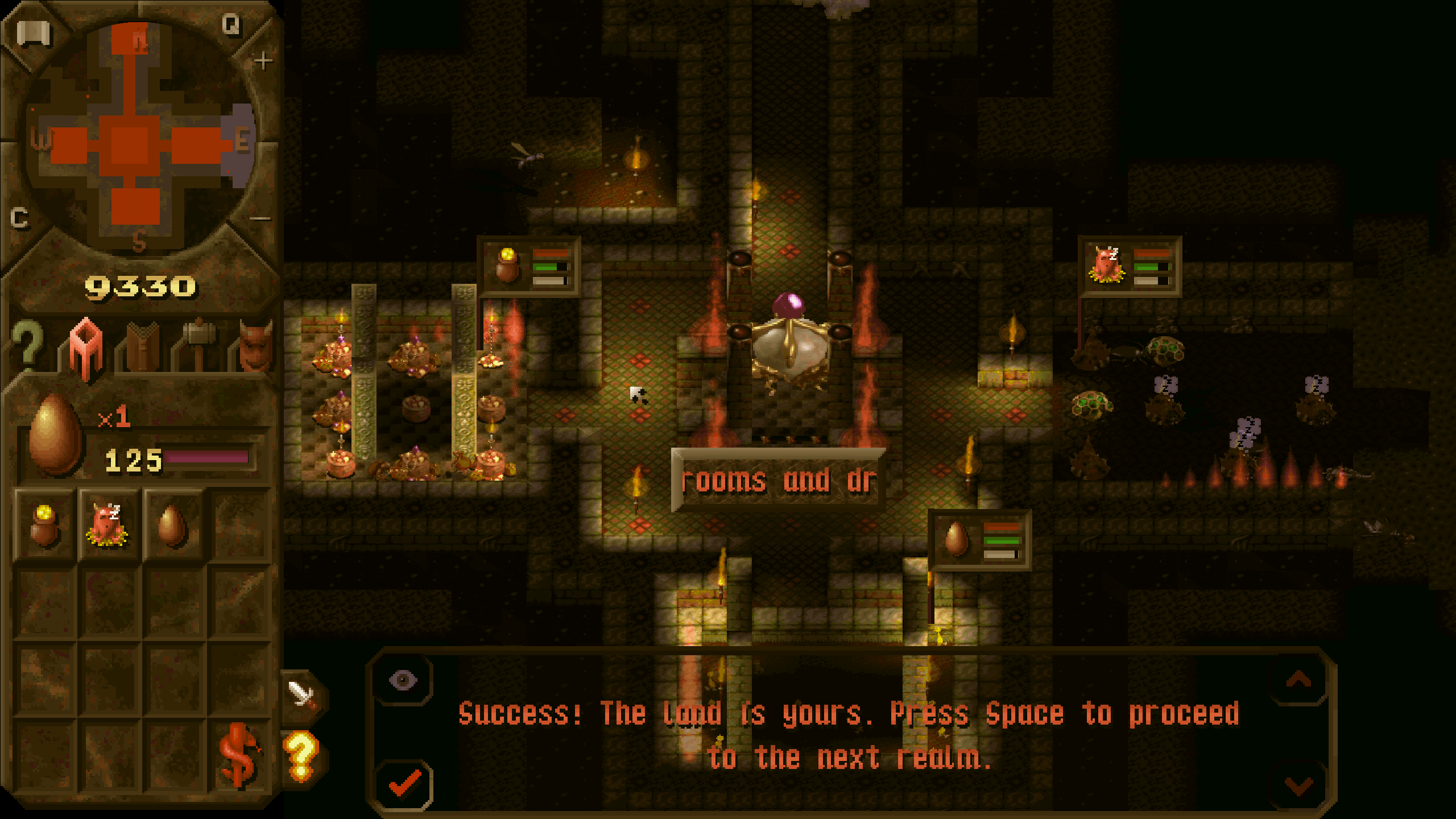
4. Dungeon Keeper
Dungeon Keeper mobile looked promising with polished visuals, nostalgic branding, and even the original voice of the Keeper returning. Players quickly discovered the game was built around endless timers, intrusive microtransactions, and stripped-down mechanics that felt nothing like the classic PC series. The result was a notorious example of how free-to-play design can turn nostalgia into disappointment.
(Image Credit: Bullfrog Productions)
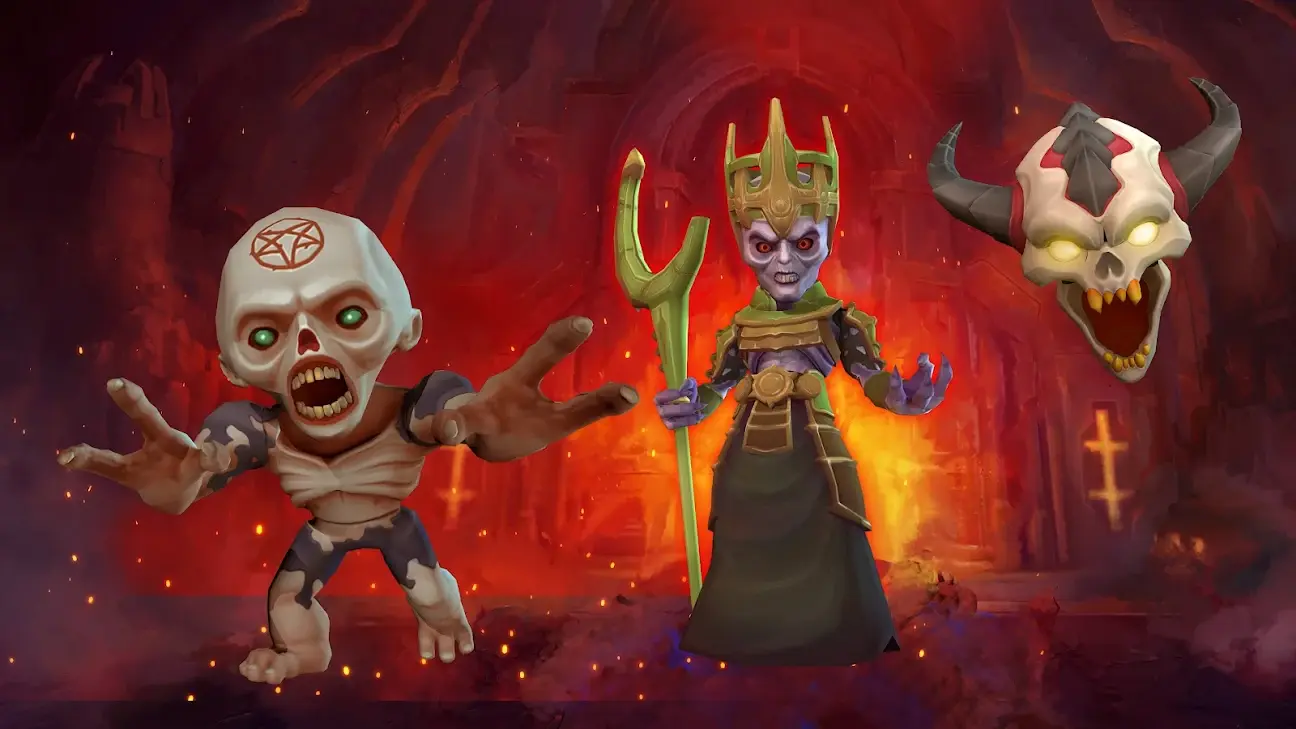
3. Mighty Doom
Mighty Doom earned early praise for its playful take on the Doom universe, with toy-like demons, roguelite shooting action, and a slick metal soundtrack that felt surprisingly polished on mobile. Players, however, quickly ran into aggressive microtransactions, repetitive grind, and difficulty spikes that pushed spending over skill. The mismatch between Doom’s reputation and this lighter, pay-heavy mobile spin, followed by its shutdown in 2024, left many fans frustrated.
(Image Credit: Alpha Dog Games)
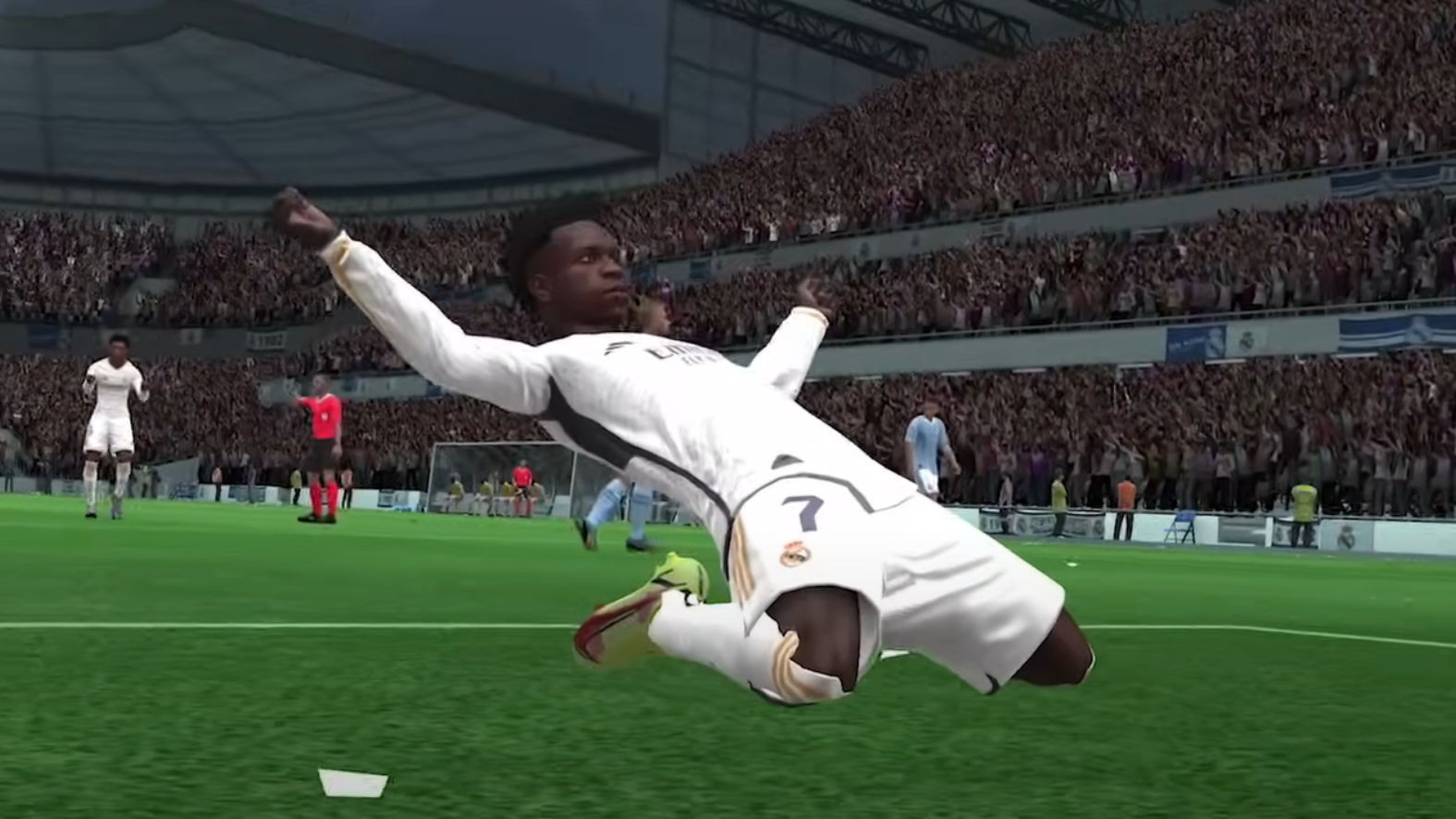
2. EA FC Mobile
EA FC Mobile wins praise for its polished graphics, real player licenses, and wide range of modes that make it look like a full soccer experience on mobile. Once players dig in, though, poor AI, clunky controls, and unfair matchmaking make gameplay frustrating, and progression feels locked behind spending. The gap between glossy presentation and pay-to-win reality leaves many fans feeling burned.
(Image Credit: Electronic Arts)
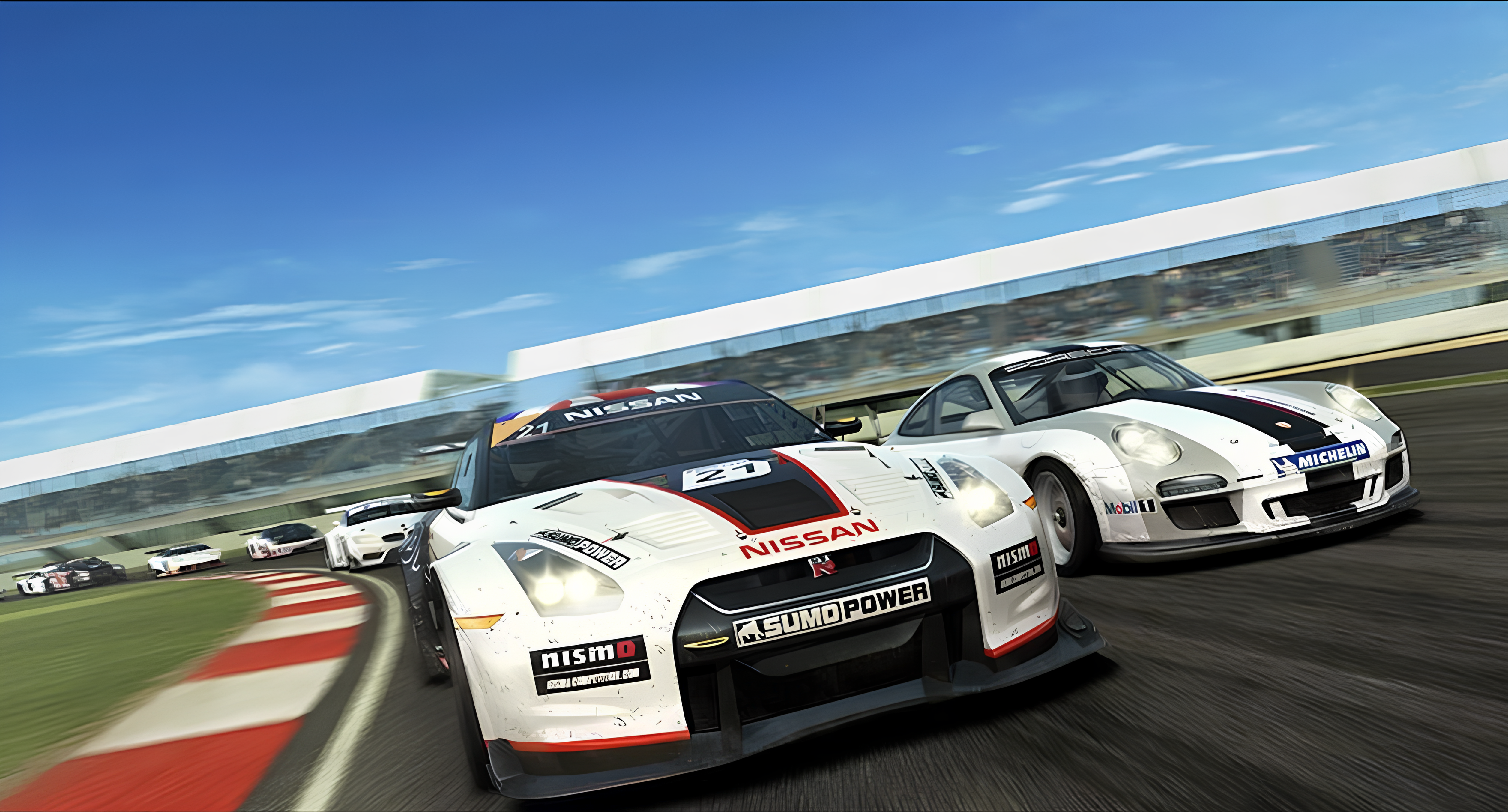
1. Real Racing 3
Real Racing 3 impressed critics with console-like visuals, licensed cars, and ambitious features that showed what mobile racing could do. Players, though, quickly ran into heavy grind, endless wait times, and aggressive in-app purchases that turned progress into a chore. The clash between technical brilliance and a frustrating business model made it one of the most divisive mobile games ever released.
(Image Credit: Firemonkeys Studios)
Not every mobile hit ages well once players get their hands on it. We'll list out several mobile games that looked great on paper but left fans disappointed. Critics often praised these titles for their polished feel, big licenses, and fresh ideas, but over time, players found grindy mechanics, paywalls, and frustrating design choices.

